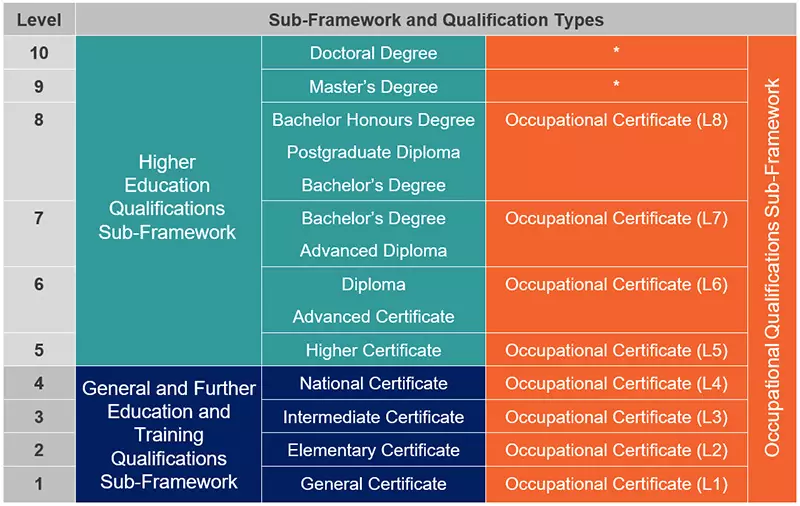Ricky Smith, who has more than 30 years experience in maintenance as a
maintenance manager, supervisor, engineer, training specialist and
consultant, is a well known published author and works as Senior
Technical Advisor for GPAllied. He will be one of the keynote speakers
at this year’s Physical Asset Management Conference, presented by
Pragma. The conference takes place from 13 to 15 August next month in
Gauteng.
Smith (CMRP) has worked with maintenance organisations in hundreds of
facilities and industrial plants worldwide in developing reliability,
maintenance and technical training strategies. He will focus on using
system tools to identify and overcome planning and scheduling
constraints.
Says Smith: “This presentation will focus on using system analysis tools
to identify and understand the predominate constraints that, without
strategic action, will impede the progress of maintenance planning and
scheduling. I’ll explain practical system analysis basics and use causal
loop diagrams to provide an understanding of how the various components
of planning and scheduling work together as a whole system.”
According to Smith, attendees will learn how an improved planning and
scheduling system leads to the emergence of constraints, the nature of
the constraints and where to apply intervention to negate the
constraints. “I’ll focus on issues such as how to increase wrench time,
the basics of understanding how systems work, respond to change and find
balance, how planning and scheduling works as a system and what the
common constraints to planning and scheduling are, how they impede
P&S efforts and how to negate their effect.
We’ll further be looking at how to use system tools to identify which
constraints have emerged in your planning and scheduling system,
limiting your ability to improve maintenance productivity, how to
identify future constraints that are likely to emerge, how to use
knowledge of the system to make small changes that produce large and
lasting improvement, as well as how to take one step at a time to
optimise planning and scheduling,” says Smith.
